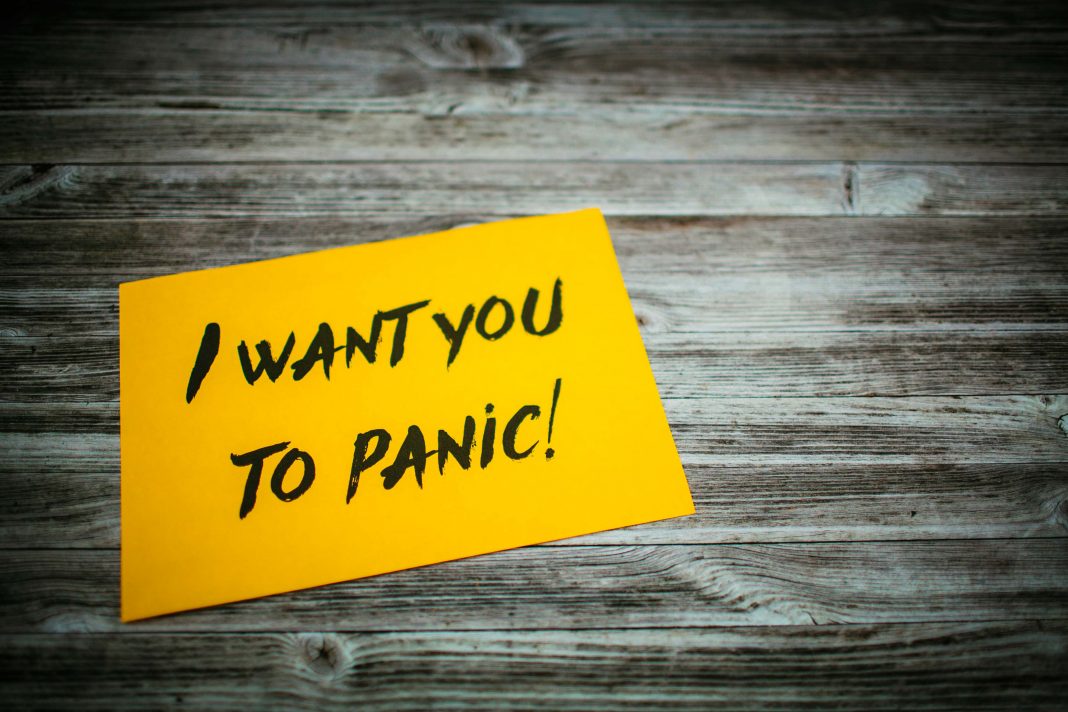In the realm of climate change and sustainability, how much do the words we use matter?
A lot. As any linguist will tell you, language shapes our relationship with the world around us.
Recently, a colleague made me aware of research into the phrases and tone of voice that holds people’s attention.
Positivity ranks highly.
So much for my trademark pessimism. Bye bye, USP!
But salvation was around the corner! The same day I read a story about a spirited French bulldog. Ralphie’s difficult nature made him difficult to rehome, so the shelter decided to be brutally honest. Among other slurs, they compared the 14-month-old curmudgeon to a “fire-breathing demon”.
Their social media posts resulted in international press attention, a flood of donations, and plenty of offers to take the pooch in.
Proof if proof were needed: when faced with urgent problems, it’s important to be honest. This allows us to assess the severity we’re presented with. In light of this, those who are prepared to step up to the challenge will come forward.
A Question of Change
So why is it that for far too long we have used language that shields the truly destructive nature of our lethargy, indifference, and avarice towards impending climactic doom?
The term “climate change” evokes images of warm spring meadows and beach holidays rather than the reality: flooding, crop failure, homes burning in wildfires, billions of climate refugees, elderly people expiring from heat exhaustion…
Almost all CityChangers we speak to are working at the intersection of reducing harmful emissions and creating liveable spaces. I’ve started asking them why.
In many ways it’s a silly, simply question, but we’re surrounded by so much environmentalism white noise that all meaning seems to have been leeched away.
Frances Bean gave the most powerful answer yet: “It’s actually starting to get quite scary.”
She’s right. But we rarely speak about climate change in such emotional terms.
Images of starving polar bears floating around on what little is left of the ice caps makes us sad but doesn’t push us to change behaviours because it doesn’t affect us personally.
We need to use language – visual and verbal – that creates a personal connection and jumpstarts action. And maybe we need to add panic into that mix.
That’s what makes Greta Thunberg such an unstoppable force. She has proven how impassioned speech from the heart hits home hardest – and that emotion comes from a dark place: a world with no future.
Change Words, Change Ways
Much less impactful are our world and city leaders.
Exhibit 1, your honour: COP27. Its most celebrated outcome was the establishment of a slush fund: wealthier countries getting off lightly for their climate crimes by paying the Global South to weather the destruction they cause. While the recipients simultaneously wave goodbye to their own development. What a bunch of heroes!
Okay, while that is a move towards socio-climate justice, it doesn’t exactly scream the saviour of 1.5°C.
Mainly because it addresses the effects, not the causes.
It’s the environmental equivalent of a mafia payout to corrupt police officers for covering up a murder – one pays enough for the other to look away. Those responsible avoid blame and the crime continues.
We need change.
It’s time for a shock.
Evoking Emotion in Climate Conversation
The research into what holds readers’ attention discovered that phrases evoking “uncertain or high arousal emotions” are also effective. Emotions like anger and anxiety – the emotions we feel when faced with existential dread.
The words we use matter. Maybe we need to start using them honestly, even brutally.
Like it or not, those of us with a platform and voice may be responsible for maintaining a grim sense of urgency – a grip of panic that keeps people wanting change and which forces city leaders into action. Language that keeps squeezing until we do enough to be safe again.
It’s relentless and foreboding. Tiring even. But what’s the alternative?
Carry on with empty platitudes and kicking the can, hoping the next generation will sort out our problems?
The next generation is here, and before they can reach positions of power and influence, they will already be out of time. Ours is the last one that can make a difference.
We can’t do it with messages of hope alone – messages that grow less realistic as the seconds tick by.
We no longer face climate change; this is a “climate emergency” heading quickly towards “climate breakdown”, then “climate catastrophe”, and ultimately “climate failure”.
Climate failure is humanity’s end.
Scary, maybe. But there is no use in hiding from what scares us. It affects us and we cannot escape it.
The problematic state we’re in and the associated lack of action must be framed against the backdrop of what we face if we fail to change: destruction, displacement, and death.
Do these words hold your attention?
Have Your Say
How do you feel about the way we talk about climate change? What messages have made you sit up and pay attention, or make your own changes? Do you think it’s dangerous to speak negatively even in times of crisis? Are words of hope more effective? Do you feel like we speak about climate change too much – should we prioritise other challenges our cities face first? Do you lead a project that focuses on exactly this topic that you’d like to tell us about?
Add your thoughts on the issues in this article into the comments below. Remember to always be respectful of other CityChangers and their experiences.


